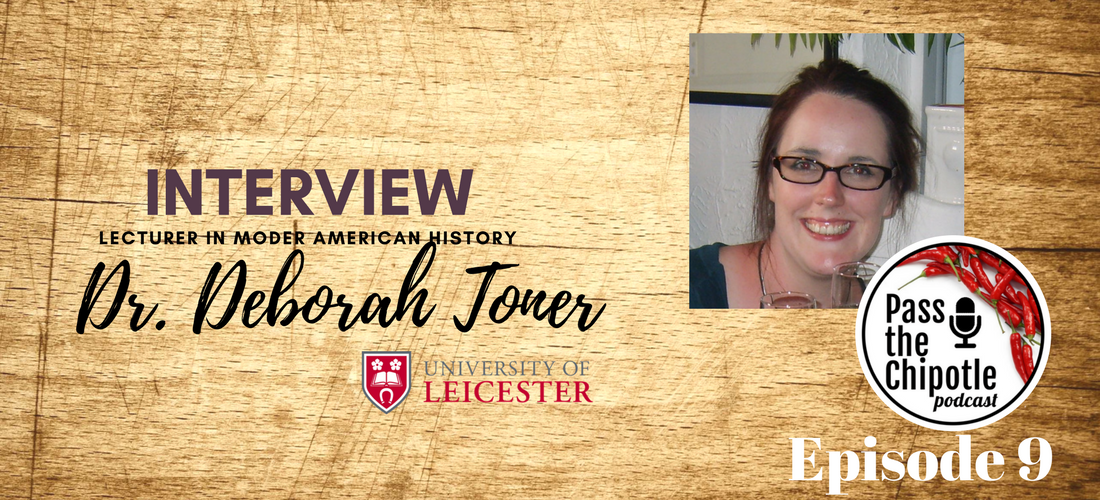
Interview with Historian Deborah Toner: The Cultural history of pulque. Ep.9
Presented by: Rocio Carvajal Food history writer, cook and author.
EPISODE 9
Interview with Historian Deborah Toner: The Cultural history of Pulque.
In this intervew with Dr. Deborah Toner lecturer in Modern American History at the University of Leicester, we talk about pulque, identity and culture during and after the colonial period in Mexico.
We discuss different aspects, past and present of Pulque and other traditional alcoholic drinks in Mexico which will cast light on little-known aspects of these traditions.
You can contact Dr. Tonner at:
Twitter @DeborahToner
Email dt151@le.ac.uk
Dr. Toner runs the Drinking Studies Network: An interdisciplinary research group connecting scholars of drink and drinking culture across societies and periods.
Web: drinkingstudies.wordpress.com
Twitter: @DrinkingStudies
—————————————–
This show is the audible companion of: SABOR! This is Mexican food magazine
- Support this show on Patreon
- Follow me on instagram: @rocio.carvajalc
- Follow me on twitter: @chipotlepodcast + @rocio_carvajalc
- email: hello@passthechipotle.com
- web: passthechipotle.com
Dr. Toner has written extensively on the topics of cultural history, identity, alcohol drinking, class, and nationhood, among her numerous publications in academic journals we can find:
- Toner DF (2014) Provincial Political Cultures and the Nation in Nineteenth-Century Mexican Fiction. Journal of Iberian and Latin American Studies, 20 (2), pp. 161-183
- Toner DF (2010) Xóchitl’s Bar: Pulquerías and Mexican costumbrismo. Art and Architecture of the Americas, 8, pp. 1-16
[yotuwp type=”videos” id=”dtnRXl-0csc” description=”off”]
– Recommended readings –
¡Tequila! Distilling the Spirit of Mexico
This book traces how and why tequila became and remains Mexico’s national drink and symbol. Starting in Mexico’s colonial era and tracing the drink’s rise through the present day, Marie Sarita Gaytán reveals the formative roles played by some unlikely characters. Mexican films from the 1940s and 50s, especially Western melodramas, buoyed tequila’s popularity at home while World War II caused a spike in sales within the whisky-starved United States. Today, cultural attractions such as Jose Cuervo’s Mundo Cuervo and the Tequila Express let visitors insert themselves into the Jaliscan countryside—now a UNESCO-protected World Heritage Site—and relish in the nostalgia of pre-industrial Mexico.
You can purchase this book in digital or printed form here.
Dr Deborah’s most recent book is: Alcohol and Nationhood in Nineteenth-Century Mexico.
Here some of my thoughts about this fascinating read.
In a very inception-style narrative, Deborah plunges into a series of Mexican novels from the 19th century, all classics in their own right, that have indeed determined -at some extent- some fundamental concepts on which Mexico based its nation-building process.
Exploring a slice of history from a country through its literature is already an exciting thing to do, but this book also offers a very exciting path which is alcohol consumption. Deborah takes the reader on a fascinating literary tour through time and space exploring the often amusing, idealized, sometimes painful and heart-breaking realities of Mexico in a period that was transforming its predominating rural life into a modern, industrialised and uncertain future.
One can learn a lot about a society by studying their pastimes, aversions, secret fears and hopes. But all those things aren’t necessarily self-evident, at the same time I don’t think there’s a deliberate act to conceal those things that might out us in a vulnerable position, we simply are too busy keeping it all together and getting on with our lives and its own demands! But then came writers, for whom their main concern is dissect, scrutinize, dig and render not only our deepest and more complex aspects of our cultures, capturing the zeitgeist of their time, whether they want to educate, mock or merely provide a literary testimony of who we are, who we pretend to be and how we intertwine fiction and reality to fabricate our reality.
This book introduces the reader to the authors and thinkers whose work has helped us reconstruct and understand the many layers of Mexico’s working-class reality in the 19th century, it is almost like a time-travel-guide!
I enjoyed this book to the last drop! Go get yours!
 Authentic Recipes from Around the World.
Authentic Recipes from Around the World.
ISBN 978 0 9562553 9 6
Back in 2015 I took part in a fantastic project that Dr. Tonner invited me to join, a collaborative research called consuming authenticities which eventually became the book Authentic Recipes from around the world, it was funded by the Arts and Humanities Research Council (AHRC) of Britain. This research, and editorial work and was coordinated by Dr. Toner herself, and it was part of the program Care for the future: thinking forward through the past and it was primarily focused on exploring the concept of authentic foods and drinks as tangible and intangible cultural products through time and even space.
Dr Deborah Toner kindly offered to make this book available to anyone who wishes to have a hard copy of it, it is absolutely free, and the postage costs will be covered by the University of Leicester.
So if you are interested in having a copy please contact Dr. Tonner at: [email protected]


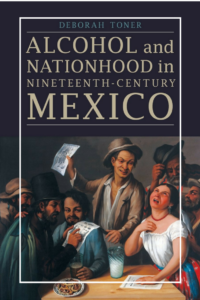
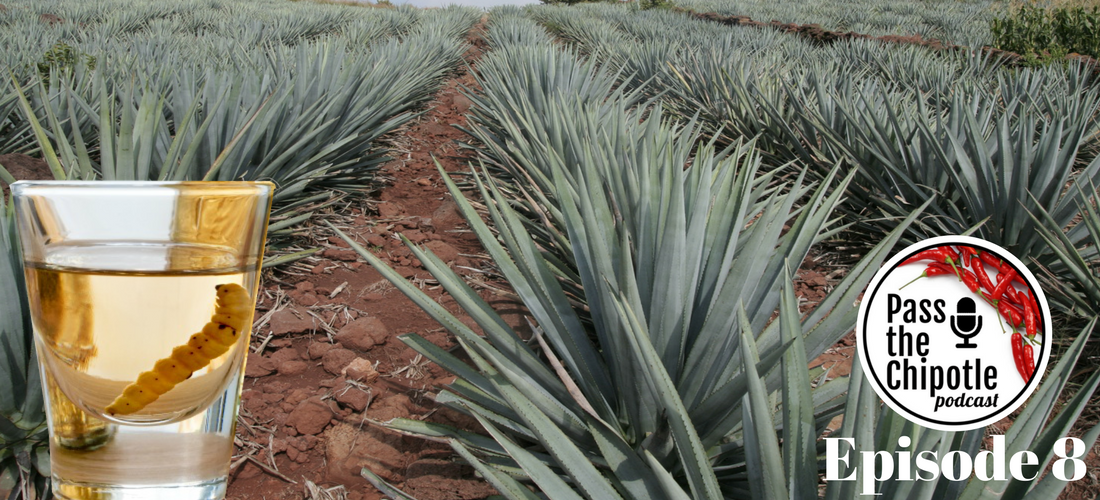



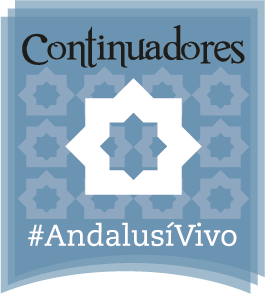

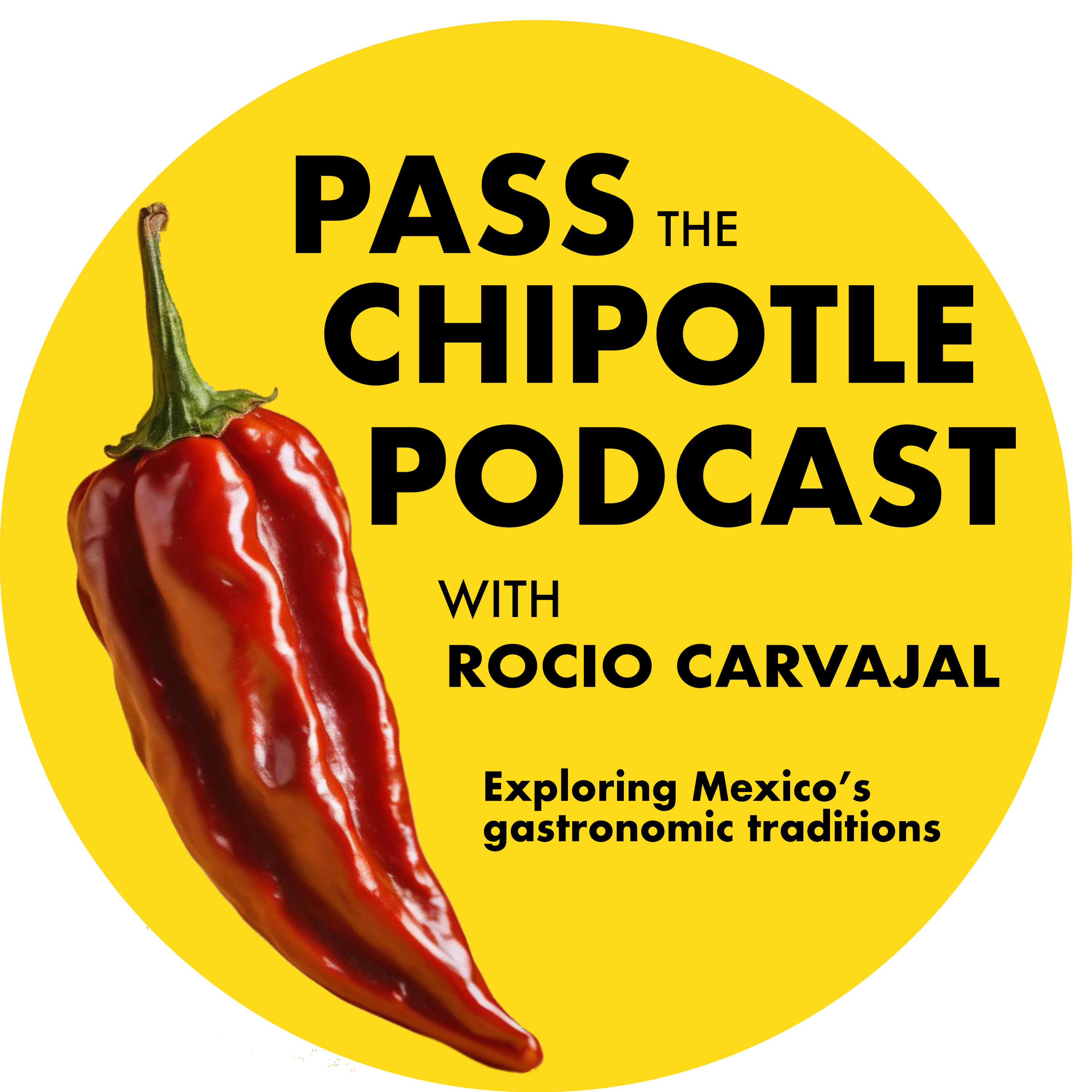

Comments (2)
Doris
July 20, 2018 at 12:28 pm
You have brought up a really wonderful points, thanks for the post.
rocio.carvajal.cortes@gmail.com
July 20, 2018 at 1:45 pm
Hey Doris, Glad to hear you enjoyed it!
Comments are closed